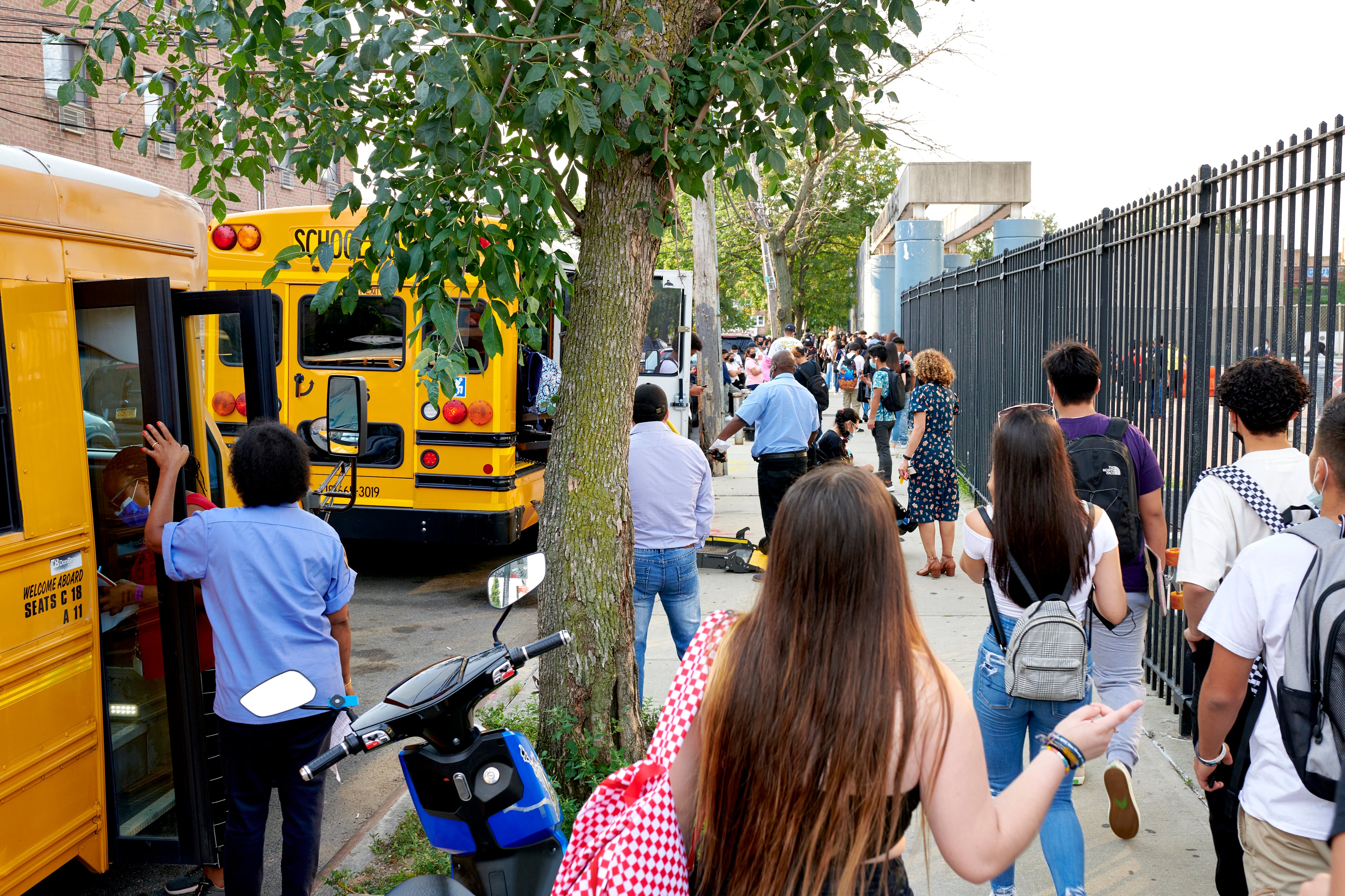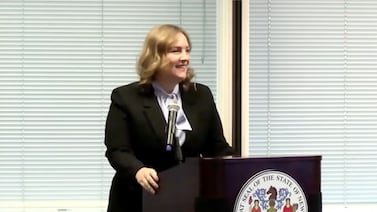There are 21 days left of school this year — excluding four upcoming school holidays — and many families and educators are fuming that the city has left them without answers to some important questions to help them plan for next year.
First, the education department has yet to release its calendar for the upcoming school year, which pre-pandemic was shared in March or April and last year was released in May.
On top of that, schools don’t have their budgets yet for next year, which is also later than usual. A recent school board vote on the funding formula last month delayed that process, but now that the Panel for Educational Policy, or PEP, ended up approving the formula this month, education department officials said the budgets and the calendar should be out soon.
“After last week’s PEP vote, we’re working on getting both of these to schools as soon as possible,” education department spokesman Nathaniel Styer said in an email.
The city also has yet to send out high school offers, leaving tens of thousands of families in the dark about where their children will attend school next year. Education department officials said they expect to share them in June. (Middle school offers were just released last week.)
This is much later than typical, but then again, the application process was delayed as the city tweaked admissions criteria. Typically, applications are due in December, but this year they were due in March, after the education department extended the initial February deadline. (And the city’s promise of a streamlined process ended up leaving many families more confused.)
Of course, the first day of school is months away, but not knowing when and where to show up next year is disconcerting to many families. Some need time to plan for child care, and in a city of renters, some might move to be located closer to their high schooler’s school, parents told Chalkbeat.
Traditionally, the first day of school is the Thursday after Labor Day, based on the contract with the city’s teachers union, which gives educators two planning days before students arrive. Last year was an outlier when schools started later than usual — a week after Labor Day — because of Rosh Hashanah, the Jewish New Year.
The education department has typically given families several months to plan for the upcoming year. For the 2018 and 2019 school years, the calendar was posted in April. Prior to that, the calendar had been out in March. The past two pandemic years strayed as there were many moving pieces. In 2020, opening day was delayed at the last minute. Last year’s calendar was considered late too, but it was out by the first week of May.
The unpredictability of the calendar has been a burden for some families. This year’s last day of school, for instance, was a head scratcher since it’s a Monday. (PSA to families about June 27: Unlike in years’ past, it is a full day, not a half day.)
Many observers believe the city should be doing everything it can to get students to show up next year, given this year’s dismal attendance and rising concerns about school refusal, which is when children have an extreme aversion to attending school, usually related to anxiety and depression.
By year’s end, 37% of the students in kindergarten through 12th grade are expected to be considered chronically absent, education department officials estimate. That means they will have missed 10%, or about 18 days, of the school year. That is significantly higher than in 2018-19, the year before the pandemic, when it reached 26%.
One way the city hopes to address chronic absenteeism is by launching two new full-time virtual schools for the fall. Such a program could be a boon for students who are working and might need non-traditional school hours. It also might appeal to families who continue to have health and safety concerns about coronavirus or whose children have medical needs that make them more vulnerable to COVID or other illnesses. The city’s current program for children who are homebound or in hospitals because of medical issues only offers an hour a day of live instruction for elementary and middle schools and two hours in high school. Those numbers are expected to increase slightly by fall 2023 because of a new state requirement.
Amy Zimmer is the bureau chief for Chalkbeat New York. Contact Amy at azimmer@chalkbeat.org.







